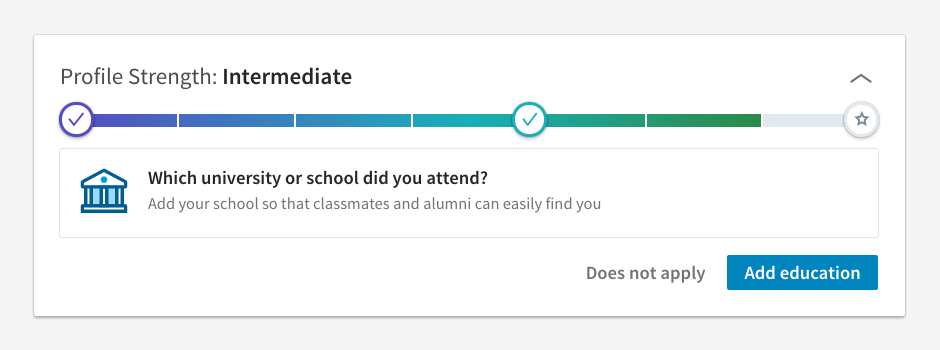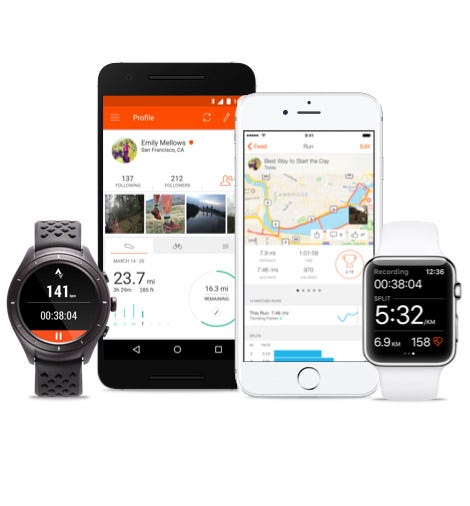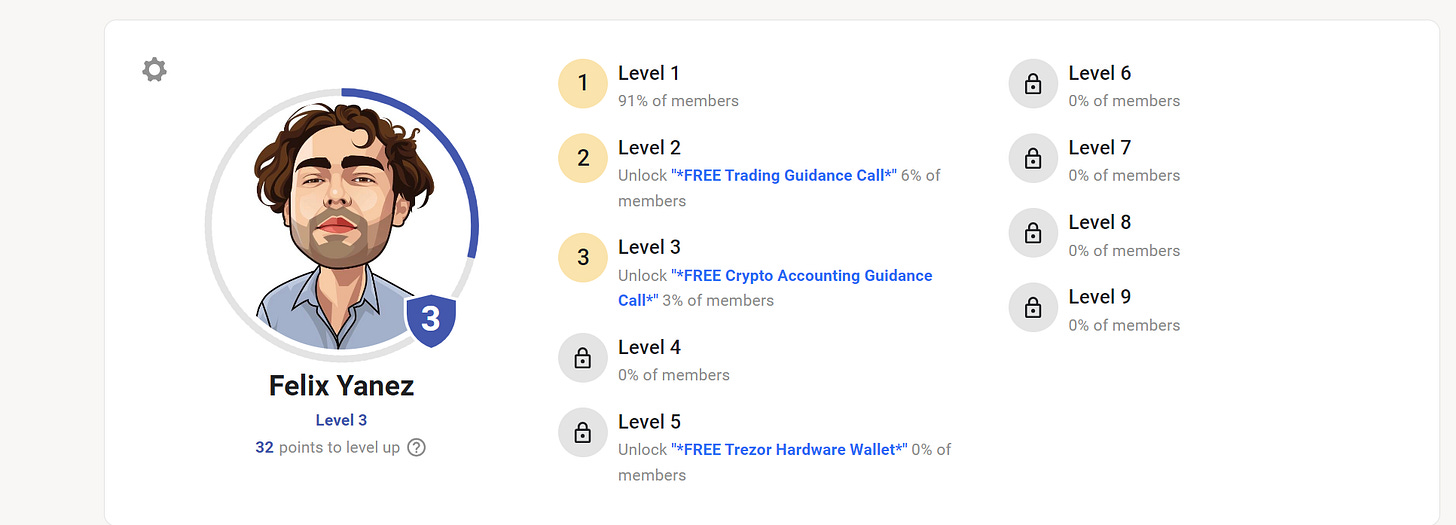The Curious Cat is a journey where I aim to reconnect with my inner-child and explore my curiosity. I pinpoint themes & topics I’ve been interested in, ask myself questions about them and then write about them. I hope you find value within this issue and have a fantastic day doing what you love.
For all of human history, we have had 1 job: to survive.
Everything has evolved and revolved around survival. It has been the meaning of life for +300,000 years.
But in the 20th century, we completed it. We survived. We completed our mission. We went from vulnerable animals, to comfortable animals.
So now what? That’s the crisis of our age: we survived; what do we do now?
Generally speaking:
1/3 of our time is reserved to sleep.
1/3 of our time is allocated to work.
What do we do with our last 8 hours of every day?
Some watch TV and play video games. Others prioritise time with friends & family. But EVERYONE wants to be a better person. Whether that’s losing weight, acquiring a new habit like brushing your teeth 3 times a day, or improving one’s ability to sell.
Gamification refers to turning these routine or boring activities into a more engaging experience. It does this by using principles from game mechanics; like points, levels, badges, peer dynamics, leaderboards and rewards.
Duolingo gamifies language-learning (with streaks & a roadmap that you follow)
Strava gamifies exercise (with social dynamics & data presentation)
Skool gamifies learning (with points, rewards & buzzing communities)
Why Gamify?
Now & forever, hard things take dedication.
You wanna master a skill? You gotta clock in the 10,000 hours
You wanna get fit? You gotta completely change your diet and your workout regime
You wanna get rich? You’re going to have to grind & make sacrifices over many years
And in order to be dedicated, you need a mix of discipline (to get you through 80% of the days) and then motivation (to get you through 20% of days where you don’t want to do it).
So great feats require great dedication. That’s why only 0.00001% of people alive in the last 70 years have summitted Mount Everest.
And in the 21st century, there is such an abundance of options to numb proactiveness, that not enough people dedicate themselves to greatness. You can swipe through YouTube shorts for hours (guilty), you can go out for beers with your friends (also guilty) and even lie to yourself about what you truly want (extremely guilty).
So, in the midst of all these obstacles obstructing us from greatness, I’ve noticed that Gamification plays a powerful role in helping us jump over the hurdles.
Remember the euphoria when your earliest teachers gave you a gold star for doing something considered ‘good?’ You bet that was an attempt to incentivise good behaviour.
Gamification techniques are often implemented so subtly that we don’t even realize we’re being gamified. Progress bars, like the LinkedIn one below, tap into the ‘Zeigarnik Effect;’ a belief that we feel compelled to finish something once starting it. The visual progress tracker creates a cunning yet effective form of engagement, making tasks feel more rewarding.
How Gamification helps get shit done
The Pyschology of Gamification: Are your friends addicted to sharing Strava runs on socials? Of course they are. They signed-up to an app that was designed to get people addicted via clever social dynamics. Users can compete against friends on specific routes, earn badges for completing challenges, and track personal progress through milestones and stats. The social and competitive aspect keeps users motivated by allowing them to compete with others, while joining a community of likeminded people. By offering everyone an arena to show-off their recent sweat, you give them the limelight their ego is hungry for. “Hey everyone, look how fast I ran today compared to my last 5 runs!” For right or for wrong, gamification makes an experience addictive. They bolster this with tidy data visualisations that further drive engagement & the sense of fulfillment.
Challenges, Leaderboards and Progress Tracking: By incorporating game-like features to one’s goal (like unlocking rewards & ranking up) you create a sense of accomplishment when it is done. James Clear speaks about this in his infinitely famous book ‘Atomic Habits.’ He believes that in order to build a new habit, you must reward yourself every time you complete it. Akin to how you give your dog a treat when it sits. Skool does this, by giving you points every time your comment gets a like. Then why you reach ‘x’ points, you get a reward. I recently launched a Skool group called The Web3 Hub - a place to connect & learn in the crypto space. As you can see in the snap below, I’ve created a handful of rewards that members get as they rank up. Under this system, people are incentivised to do the very thing they want to do (learn about crypto), and get rewarded for doing it!
Making it Fun: For the last 7 years, I have had the same mission. To meditate more. For +2570 days I have known that meditation is the single most important thing I can do. Yet still, I struggle to do it daily. It’s hard to commit to. O-P-E-N is an iOS-only app (fuckers) that gamifies the process of meditation & breathwork. They do it by combining breathwork with popular music. I did a session this morning where our breathing followed the tempo of an Anderson Paak & Kaytranada song. And for the first time in 7 years, meditation/breathwork was fun! And so, I want to repeat it again, encouraging consistency and dedication.
A combination of all these gamification forces create an environment where it is easier to be dedicated. But in fact, most companies employing gamified products don’t give a shit about you being dedicated. They merely want you to spend time on the service they’re selling. Strava doesnt care about how many kilos you lost; it cares about how often you use the app.
So, let’s get shit done, and have fun while doing it.
All the best for the upcoming week✌️








Nice piece. I can relate to gamification through duolingo. I keep using it because I dont want to lose german and throw away all the years learning it. But I find it boring and im unsure of when German will be useful for me because all germans speak great english.
Not losing my 920 day streak is the only thing that pushed me to still do my 4 minute class every day.
Sad hahaha but it works.
Also thanks for the OPEN meditation app recommendation, will explore it